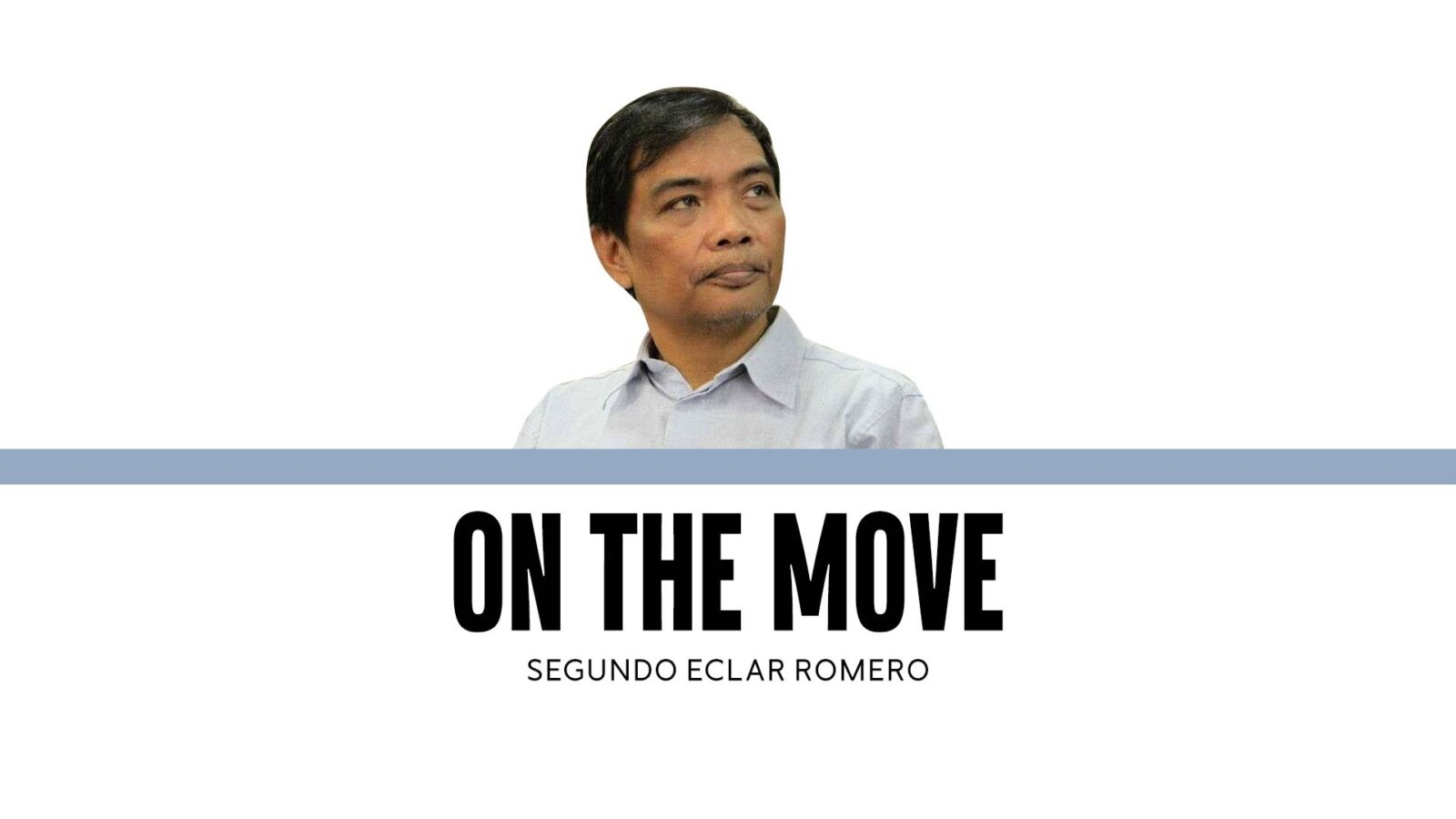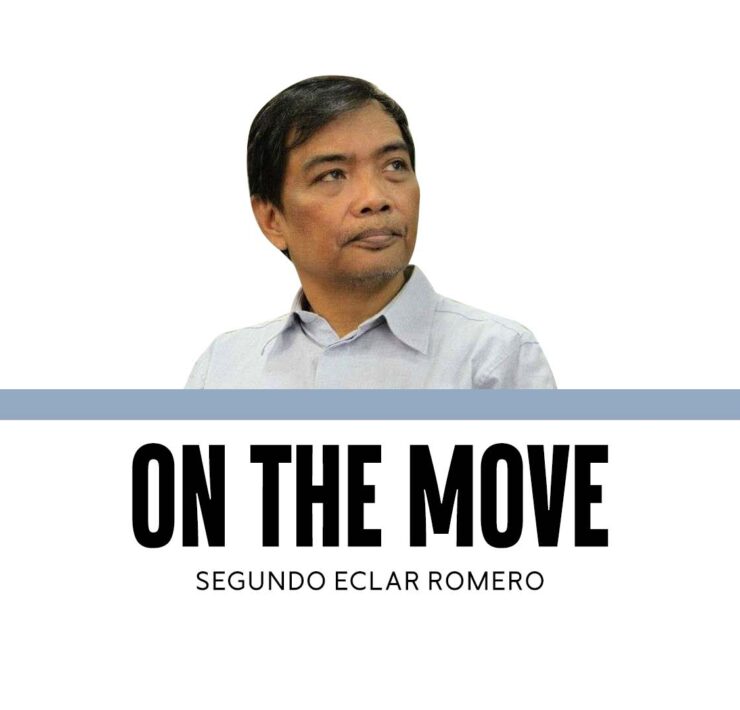Reclaiming the discipline we admire abroad

Filipinos who have traveled to Japan or Singapore often return with the same bewildered admiration. A wallet left behind on a train is returned hours later. A public toilet remains clean without supervision. A passerby will pause to help a stranger cross the street without expecting a reward or recording it for social media. It is not prosperity that impresses us most; it is civic maturity—the quiet discipline of citizens who act as if the public realm is their personal responsibility. And deep inside, many Filipinos quietly ask: Bakit hindi natin kaya ito?
We envy it because we recognize it. Filipinos know what disciplined care looks like—because we have produced it. Not just in moments of disaster, when volunteerism explodes, but in individuals who have made tenderness a long-term civic discipline rather than a burst of moral emotion.
Consider Fr. Ben Nebres, SJ, former president of Ateneo de Manila University. Instead of treating poverty as a problem of scarcity, he saw it as a crisis of abandonment—of children growing up invisible to the nation. In Payatas and nearby communities, he did not merely run feeding programs. He stayed with families for years, pairing daily nutrition with reading circles, parent accompaniment, and confidence-building—not relief, but formation. Not charity, but citizenship cultivation.
Or Efren Peñaflorida, who pushed the kariton classroom every weekend for over two decades, long after the cameras left. There were no grand pronouncements. No funding windfall. Just a stubborn refusal to accept that slum children must wait for the system to remember them.
And in 2021, Patricia Non quietly placed a bamboo table on Maginhawa Street with the handwritten sign: “Magbigay ayon sa kakayahan, kumuha ayon sa pangangailangan.” No NGO, no press kit. Yet in under three weeks, over 6,000 volunteer-run pantries emerged across the Philippines—before any government directive. That was not mere charity. It was the collective conscience reawakened.
These individuals were not extraordinary because of scale but because of consistency—a trait often mistaken here for sainthood, when in other countries it is simply called citizenship.
The truth is that what we admire abroad—from Japan’s spotless stations to Singapore’s instinctive queue discipline—is not the product of fear or surveillance, but of sustained cultural reinforcement. Urban planners now speak of the 15-minute city, mixed-income neighborhoods, and “eyes on the street”—concepts built on a simple premise: when public space is human-scaled and walkable, when people regularly see one another, they begin to notice again. Safety is not enforced—it is practiced together.
And yet, in the Philippines, our systems train the opposite reflex. We engineer invisibility. Gated subdivisions turn neighbors into abstractions. Malls replace plazas. Barangay halls become sites of transaction rather than accompaniment. It becomes possible—even normal—to live in a place and know nothing about those suffering just meters away.
But our problem is not the lack of moral instinct—it is the erosion of moral stamina. As a people, we do not lack the will to care but the infrastructure—cultural and urban—that helps us sustain that care beyond moments of adrenaline.
What if we began to design society around the principle that the opposite of corruption is not law but attention? That the antidote to civic decay is not merely outrage but radical tenderness—the disciplined refusal to look away, especially from those the system makes easy to ignore?
In Singapore, there is a deeply embedded norm called kiasu—fear of being the one who fails the collective. In Japan, the concept of omoiyari—sensitive awareness of others—is taught from preschool. These are not just values. They are civic operating systems.
We have our equivalents—malasakit, pakikiramay, bayanihan—but we have not protected them from exhaustion or repetition fatigue. We deploy them only in calamity, instead of embedding them as a daily reflex.
Perhaps the first civic reform we need is not a new law or agency but a recommitment to this question: “How do we design a society in which it becomes difficult to be indifferent?”
The champions we remember—Nebres, Peñaflorida, Non—are not exceptions to Filipino nature. They are evidence of what remains possible. What we admire abroad is not foreign to us. We have simply failed to protect it from dispersion.
It is not too late to rebuild a culture where discipline is not obedience to power but fidelity to one another.
—————-
doyromero@gmail.com


















